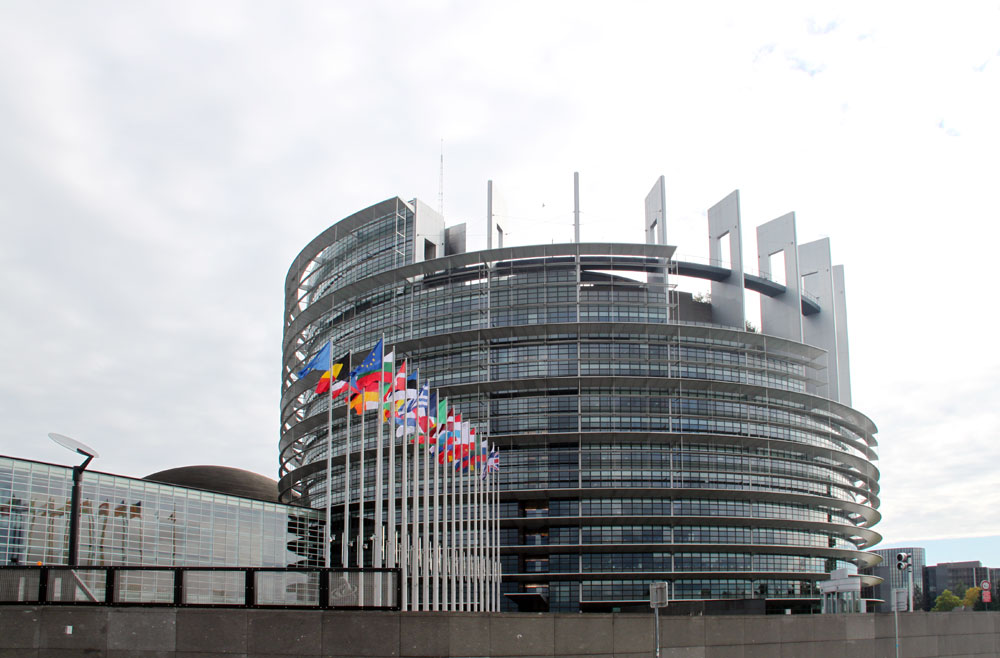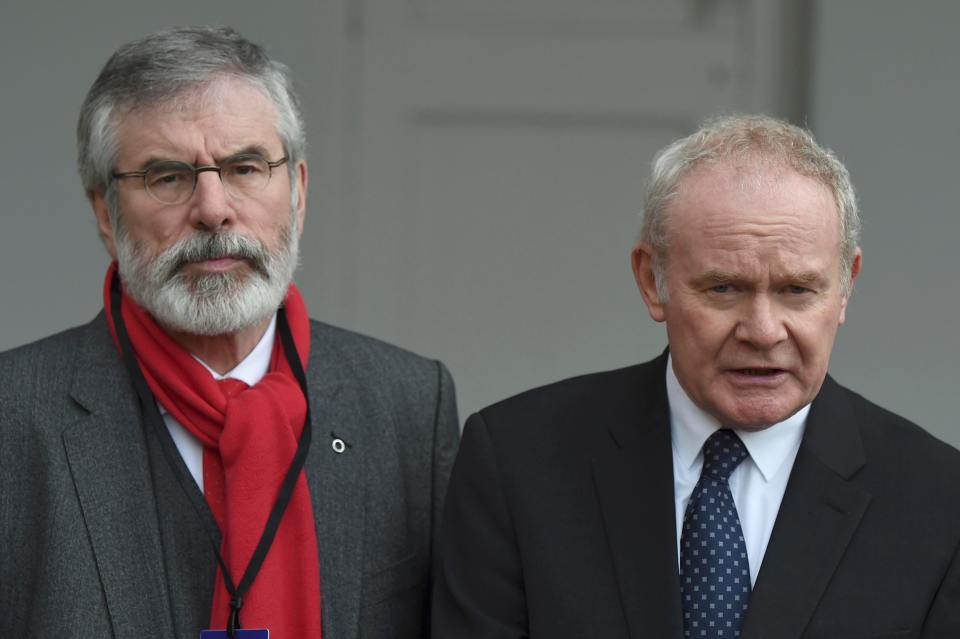
Brexit: a national conversation?
National referendums have a way of generating national conversation.
In the run-up to June 2016, Brexit coverage dominated televisions, newspapers, social media timelines as well as conversations down the pub. The public was engaged, evidenced by the 72% voter turnout.
A debate about when and how the UK leaves the European Union continues in London. Technical questions relating to the length and type of transition agreement, single market and/or customs union inclusion, and the permeability of the Northern Ireland border abound, besides many others.
However, despite it dominating the conversation in the capital, the same is not true of towns and cities up and down the UK, where Brexit is not front of mind. For many, the issue of leaving the EU was settled in 2016, and the debate has moved on.
I have spent the summer travelling to towns and cities around the UK listening to what communities are talking about. I must report that Brexit barely features.
The same is true of large parts of the political arena. For example, at the Scottish Labour Party leadership hustings in Glasgow last week, Brexit was not mentioned once.
Given many UK headlines focus on London affairs, it may surprise you that the following local stories are more important in other metropolises. Here is a flavour of the conversation – it should be of interest both to the ECCs domestic and international readers.
Manchester: A homelessness crisis

The pale, wasted figures caught in a Spice nightmare that’s turning Piccadilly Gardens into hell on earth
“It’s like there are two Manchesters now,” he says, one where cool young urbanites find it buzzing with possibility and the other one, where people rot away in front of your eyes. “You can hold them up side by side and they’re both in the city centre.”
‘It’s worse than heroin’: how spice is ravaging homeless communities
“Researchers estimate that 90-95% of homeless people in Manchester smoke [spice]. And while there is very little research into the effects of spice on the body, there are scores of reports of people dying after smoking it….
…Spice, or synthetic cannabis, is not a single drug, but a range of laboratory-made chemicals designed to mimic the effects of the main psychoactive compound in cannabis, tetrahydrocannabinol (THC).”
Sheffield: Devolution is stuck

Barnsley and Doncaster council leaders vote against South Yorkshire devolution
“South Yorkshire’s £900m devolution deal appears dead in the water after two of the four councils involved voted against the proposal.
The leaders of Barnsley and Doncaster councils say the deal “is no longer possible” and that they want to pursue a Yorkshire-wide deal.
An in-principle agreement to hand power to South Yorkshire was signed in 2015.
The government says it will not consider any deal that would “cut across or unravel” that agreement.”
Birmingham: Refuse collectors strike

A dispute between the local council and trade unions has resulted in strikes
“Workers were on strike due to a dispute over job losses. The Unite union claims restructuring plans threaten the jobs of more than 120 staff, while the council says plans will modernise the service and save £5m a year….
…Due to government funding cuts, the authority says spending on waste management has reduced from £71m in 2011 to £65m in 2017, and it says if it does nothing the overspend will be £5.2m in future years.”
Glasgow: Not talking about Independence

Nicola Sturgeon’s Third Way
“Independence, mind you, is the love that dare not speak its name these days. Sturgeon referred to it only once and even then only in passing, a recognition that the moment has, for the time being, passed.”
To wrap up
The execution of the Brexit process is London-dominated; namely within the confines of Westminster and Whitehall. The regions and countries of the UK are frustrated by their lack of voice in the exiting process, which partly explains the discontinuation of a national conversation.
Londoners should also remember June’s general election. What started out as an election aimed at strengthening May’s Brexit negotiating hand soon became dominated by social care, security and student debt. The country wanted to talk about more immediate domestic concerns.
Brexit will likely return as a national talking point as the UK closes in on the departure date. However, for the time being, it feels like a London concern.





